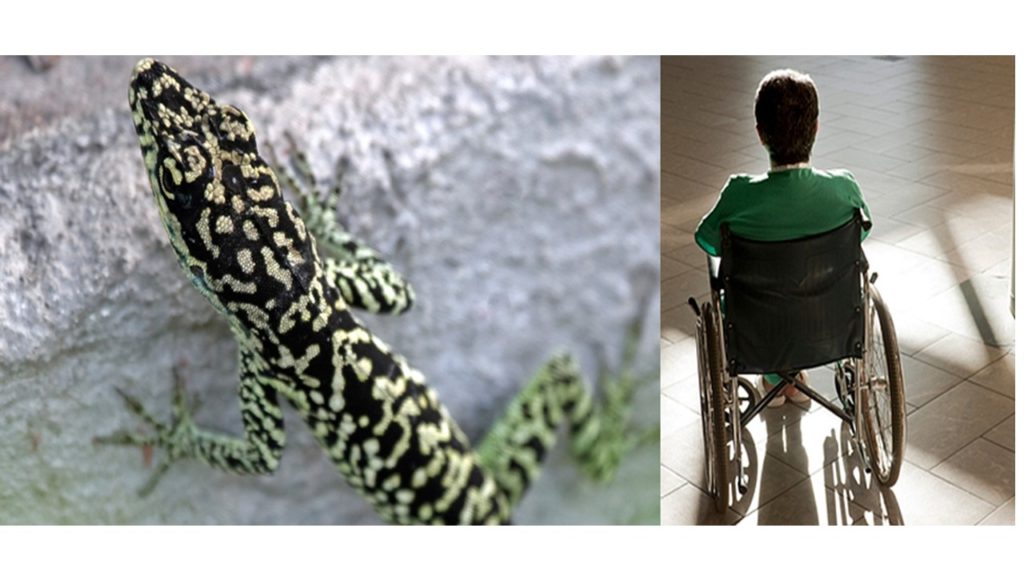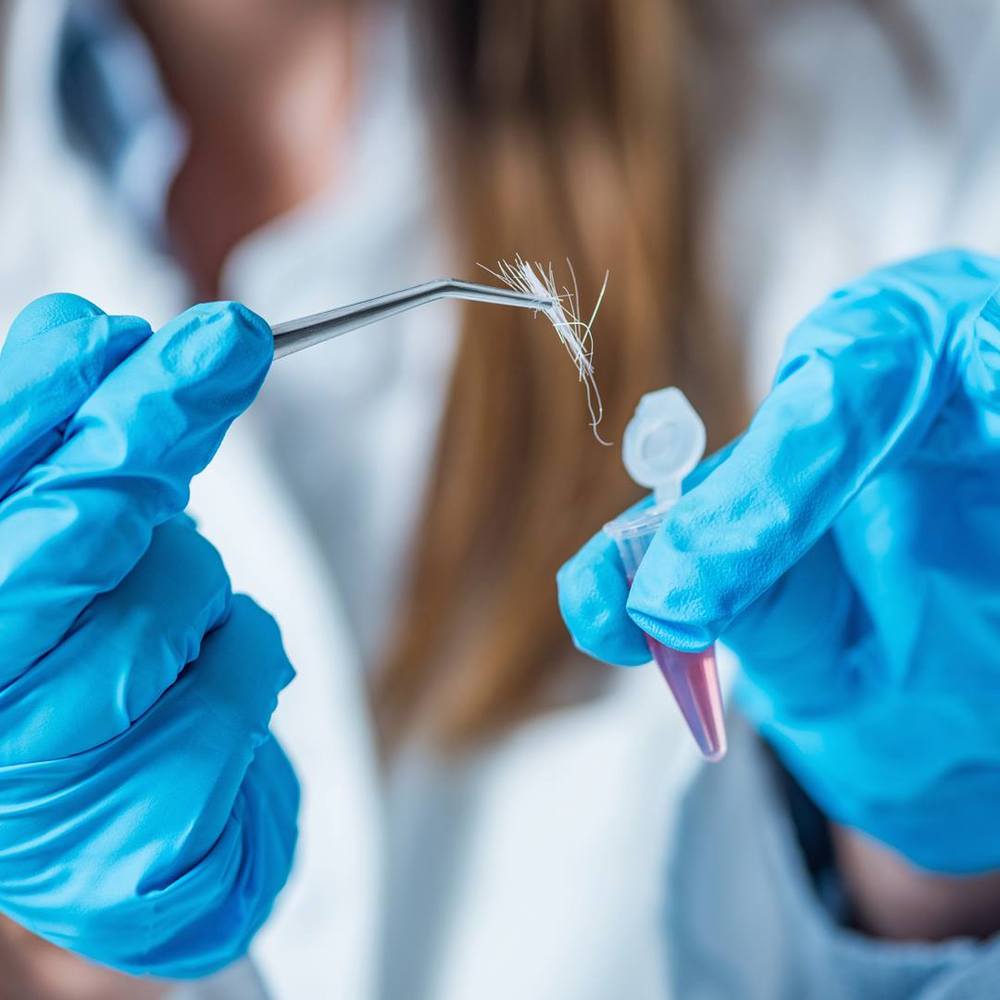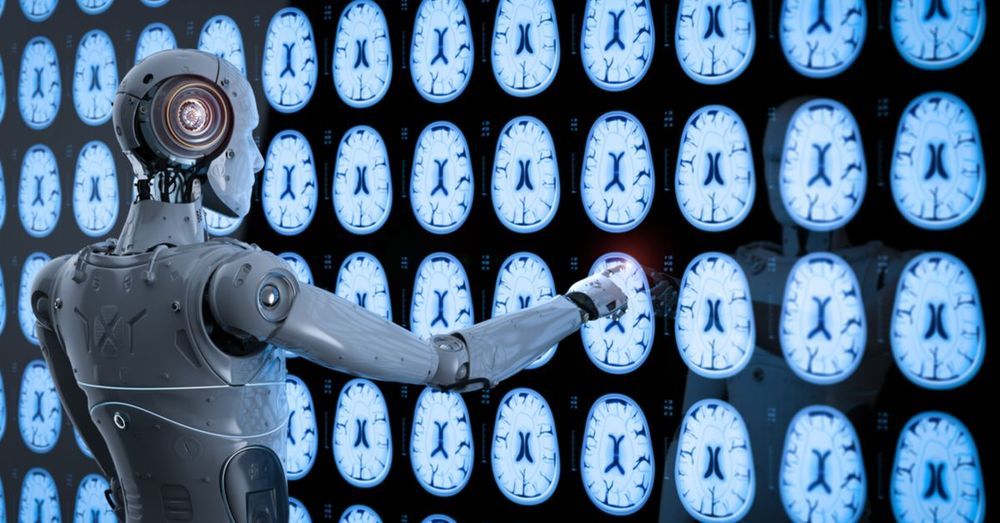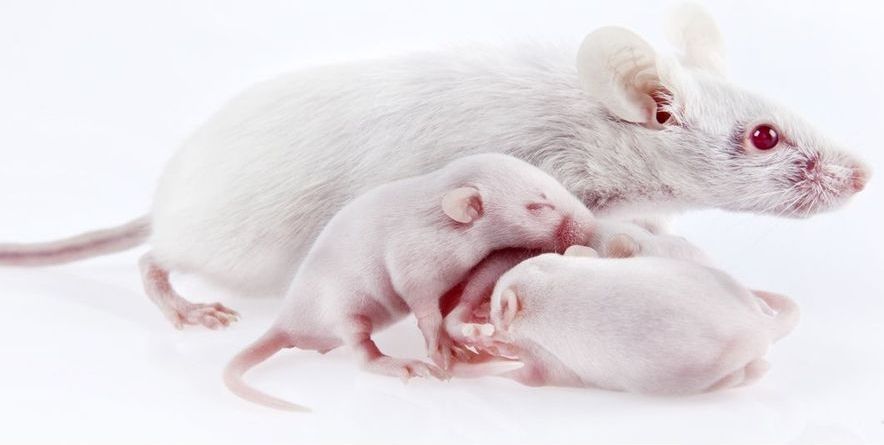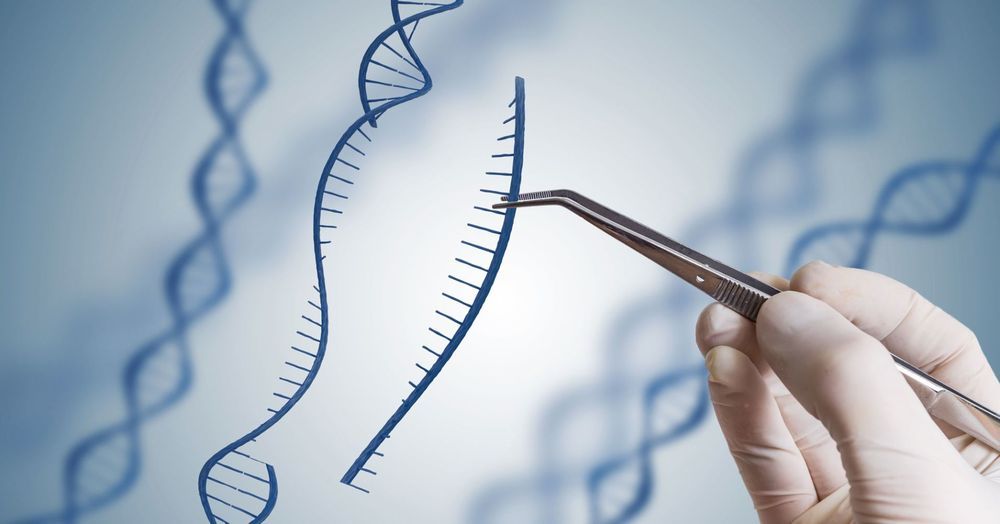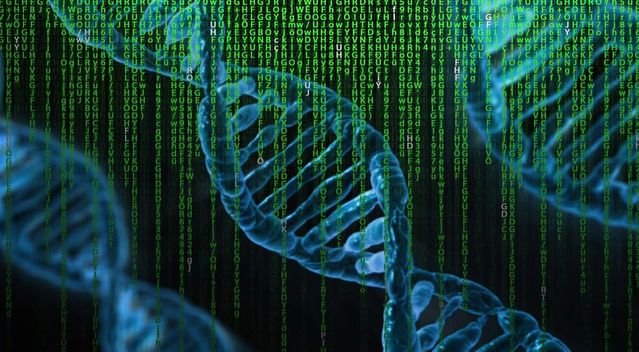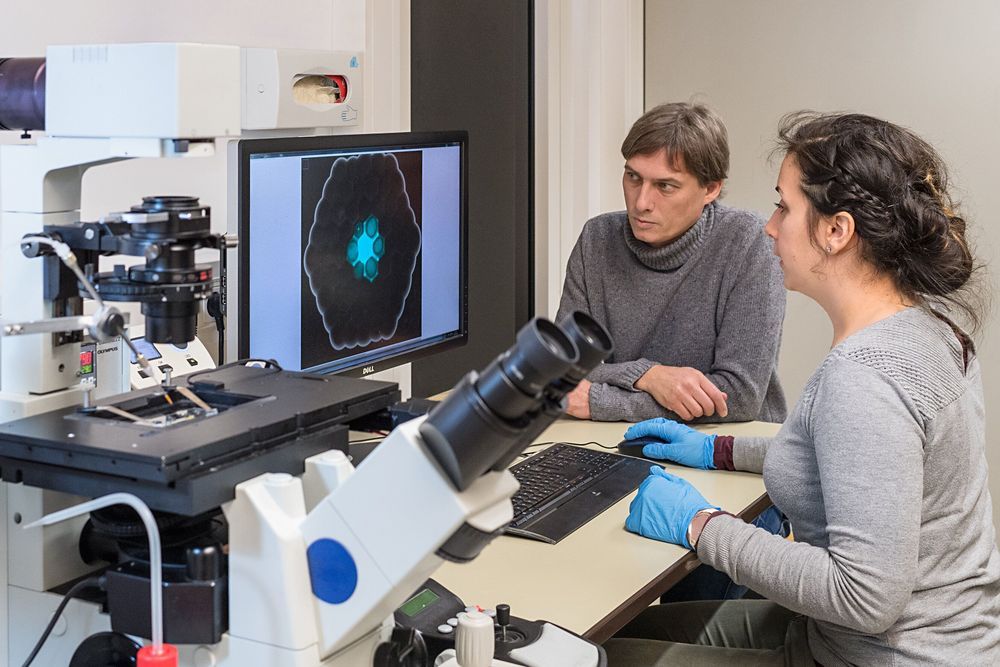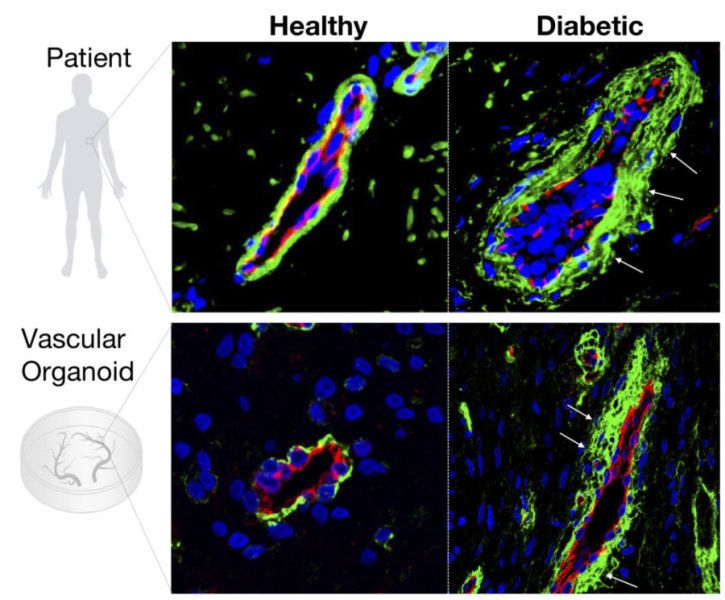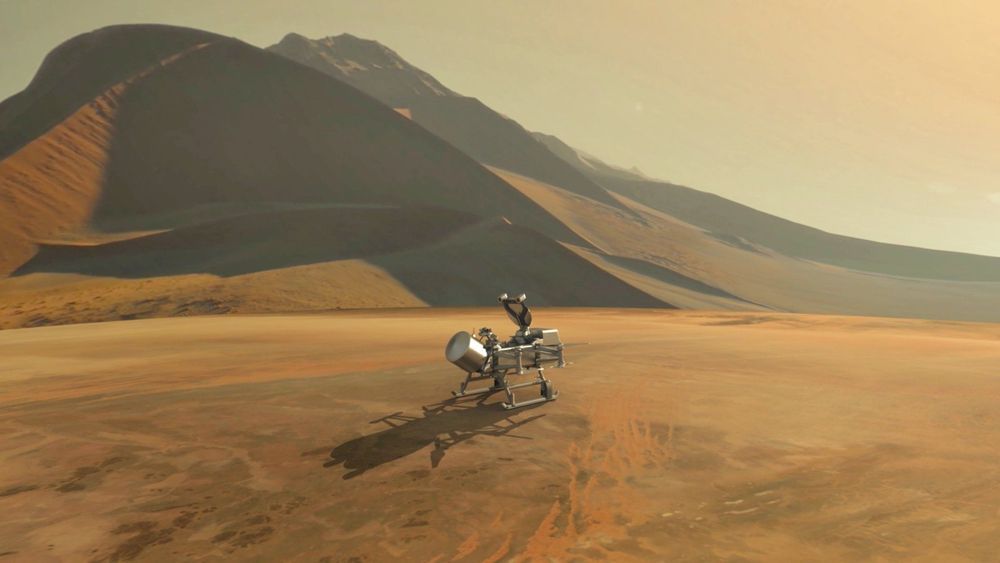Archive for the ‘bioengineering’ category: Page 149
Jan 24, 2019
Machine Learning and Medicine: Is AI the Future of Psychiatry?
Posted by Paul Battista in categories: bioengineering, biotech/medical, life extension, robotics/AI
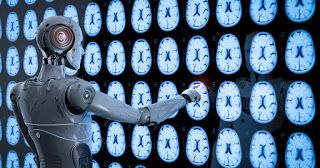 Artificial intelligence, or AI is something we hear a lot about today. In this interview with Life.
Artificial intelligence, or AI is something we hear a lot about today. In this interview with Life.
Extension’s Michael A. Smith, MD, Kristen Willeumier, PhD, provides some insight into AI technology and its relationship with psychiatry which, along with neurology, studies and treats diseases of the brain. Dr. Smith predicts that AI will soon be an important part of how we understand and treat disease. According to Dr. Willeumier, some of that technology is now “ready for prime time.” Download this Live Foreverish podcast episode for FREE on iTunes!
Artificial intelligence is, simply, the intelligence of machines as opposed to human or animal intelligence. According to the New World Encyclopedia™, “Artificial intelligence (AI) is a branch of computer science and engineering that deals with intelligent behavior, learning, and adaptation in machines. John McCarthy coined the term to mean ‘the science and engineering of making intelligent machines.’”.
Continue reading “Machine Learning and Medicine: Is AI the Future of Psychiatry?” »
Jan 23, 2019
Gene Drives Work in Mice (if They’re Female)
Posted by Genevieve Klien in categories: bioengineering, genetics
Biologists have demonstrated for the first time that a controversial genetic engineering technology works, with caveats, in mammals.
Jan 22, 2019
Chinese scientist who gene-edited babies fired
Posted by Albert Sanchez in categories: bioengineering, biotech/medical, ethics, genetics
A Chinese scientist who created what he said were the world’s first “gene-edited” babies evaded oversight and broke ethical boundaries in a quest for fame and fortune, state media said on Monday, as his former university said he had been fired.
He Jiankui said in November that he used a gene-editing technology known as CRISPR-Cas9 to alter the embryonic genes of twin girls born that month, sparking an international outcry about the ethics and safety of such research.
Hundreds of Chinese and international scientists condemned He and said any application of gene editing on human embryos for reproductive purposes was unethical.
Continue reading “Chinese scientist who gene-edited babies fired” »
Jan 21, 2019
AI Created in DNA-Based Artificial Neural Networks
Posted by Carse Peel in categories: bioengineering, biotech/medical, mathematics, neuroscience, robotics/AI, security
Mention artificial intelligence (AI) or artificial neural networks, and images of computers may come to mind. AI-based pattern recognition has a wide variety of real-world uses, such as medical diagnostics, navigation systems, voice-based authentication, image classification, handwriting recognition, speech programs, and text-based processing. However, artificial intelligence is not limited to digital technology and is merging with the realm of biology—synthetic biology and genomics, to be more precise. Pioneering researchers led by Dr. Lulu Qian at the California Institute of Technology (Caltech) have created synthetic biochemical circuits that are able to perform information processing at the molecular level–an artificial neural network consisting of DNA instead of computer hardware and software.
Artificial intelligence is in the early stages of a renaissance period—a rebirth that is largely due to advances in deep learning techniques with artificial neural networks that have contributed to improvements in pattern recognition. Specifically, the resurgence is largely due to a mathematical tool that calculates derivatives called backpropagation (backward propagation)—it enables artificial neural networks to adjust hidden layers of neurons when there are outlier outcomes for more precise results.
Artificial neural networks (ANN) are a type of machine learning method with concepts borrowed from neuroscience. The structure and function of the nervous system and brain were inspiration for artificial neural networks. Instead of biological neurons, ANNs have artificial nodes. Instead of synapses, ANNs have connections that are able to transmit signals between nodes. Like neurons, the nodes of ANNs are able to receive and process data, as well as activate other nodes connected to it.
Continue reading “AI Created in DNA-Based Artificial Neural Networks” »
Jan 19, 2019
Artificially produced cells communicate with each other
Posted by Peter Morgan in categories: bioengineering, biological, robotics/AI
Using a modular construction kit of tailor-made cell systems, the researchers hope to simulate various properties of biological systems in the future. The idea is that cells react to their environment and learn to act independently.
The first applications are already on the horizon: In the long term, artificial cell assemblies can be deployed as mini-factories to produce specific biomolecules, or as tiny micro-robot sensors that process information and adapt to their environments.
Jan 16, 2019
Scientists grow perfect human blood vessels in a petri dish
Posted by Manuel Canovas Lechuga in categories: bioengineering, biotech/medical, genetics
The breakthrough engineering technology, outlined in a new study published today in Nature, dramatically advances research of vascular diseases like diabetes, identifying a key pathway to potentially prevent changes to blood vessels — a major cause of death and morbidity among those with diabetes.
An organoid is a three-dimensional structure grown from stem cells that mimics an organ and can be used to study aspects of that organ in a petri dish.
“Being able to build human blood vessels as organoids from stem cells is a game changer,” said the study’s senior author Josef Penninger, the Canada 150 Research Chair in Functional Genetics, director of the Life Sciences Institute at UBC and founding director of the Institute for Molecular Biotechnology of the Austrian Academy of Sciences (IMBA).
Jan 16, 2019
NASA May Decide This Year to Land a Drone on Saturn’s Moon Titan
Posted by Alberto Lao in categories: bioengineering, drones, space
The spacecraft that have peered through the yellowish haze surrounding Saturn’s moon Titan discovered a strange, yet strangely familiar world where life could theoretically take root. Now, scientists want to return — this time buoyed by Earth’s fascination with drone technology.
That’s precisely what a team of scientists working on a proposed mission called Dragonfly want to do: combine terrestrial drone technology and instruments honed by Mars exploration to investigate the complex chemical reactions taking place on Saturn’s largest moon. Later this year, NASA will need to decide between that mission and another finalist proposal, which would collect a sample from a comet.
“At first blush, I think a lot of people think [Dragonfly] sounds like the literal meaning of incredible,” Melissa Trainer, a deputy principal investigator with the mission, told Space.com. “Not only is this an incredibly exciting concept with amazing, compelling science, but also, it is doable — it’s feasible from an engineering standpoint.” [Landing on Titan: Pictures from Huygens Probe on Saturn Moon].
Continue reading “NASA May Decide This Year to Land a Drone on Saturn’s Moon Titan” »
Jan 13, 2019
Fujifilm plans $20M U.S. facility for burgeoning interest in stem cell treatments
Posted by Genevieve Klien in categories: bioengineering, biotech/medical, genetics
A host of companies are developing regenerative treatments that lean on stem cells. Seeing an opportunity, Japan’s Fujifilm will build a U.S. stem cell manufacturing facility not only for its own efforts but also as a CDMO.
The company said today that its Fujifilm Cellular Dynamics Inc. (FDCI) subsidiary will invest about $21 million to build a facility in Madison, Wisconsin, to “industrialize” induced pluripotent stem cell technologies for its pipeline of regenerative drugs and to manufacture iPS cells for others. It expects the facility to be ready by March 2020.
“To meet the growing demand for FCDI’s iPS cell platform, the state-of-the-art production facility will have a flexible cell culturing design to serve production requirements of both industrial quantities of cells, and small, diverse batches,” Seimi Satake, FCDI CEO, said in a statement. “By combining Fujifilm’s experience gleaned from the intricate process of manufacturing photographic film along with FCDI’s knowledge of cell reprogramming, genetic engineering and cell differentiation, the facility is poised to address the complex manufacturing processes of cell therapies.”
Jan 12, 2019
Bioquark Inc. — Creatively Speaking Radio — Ira Pastor
Posted by Ira S. Pastor in categories: aging, bioengineering, biotech/medical, cryonics, futurism, genetics, health, life extension, singularity, transhumanism
Thanks so much to Luanna Helena for having me on Creatively Speaking Radio to discuss Bioquark Inc. (http://www.bioquark.com) and nature’s clues for human regeneration, disease reversion, and age rejuvenation -
Also got to introduce our new mosquito / “ectocrinome” research program — (https://www.bizjournals.com/philadelphia/news/2019/01/02/bio…nefit.html) —
http://blogtalkradio.com/creativelyspeaking/2019/01/12/episode-79-ira-pastor
